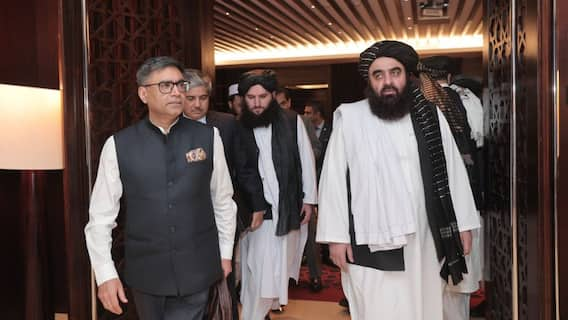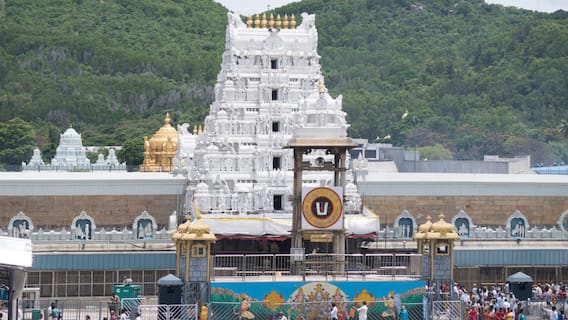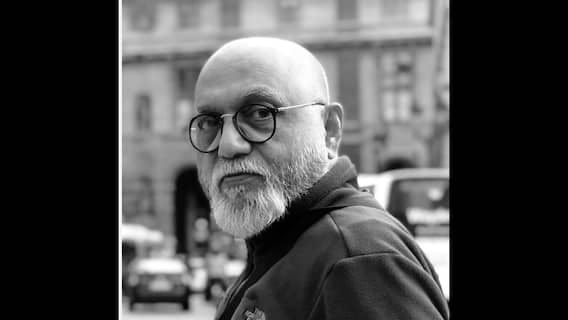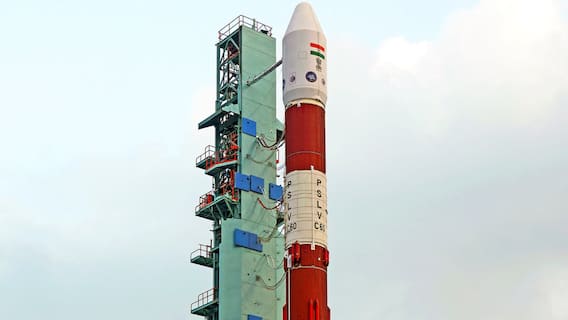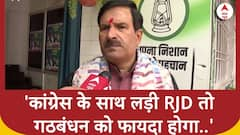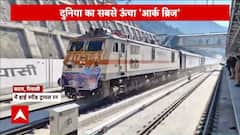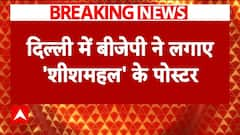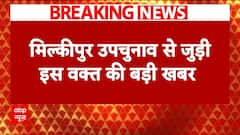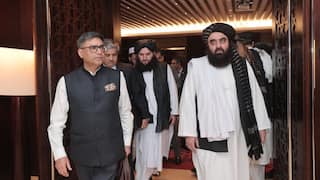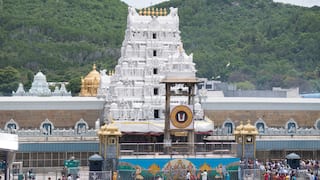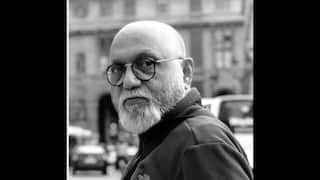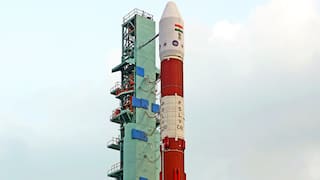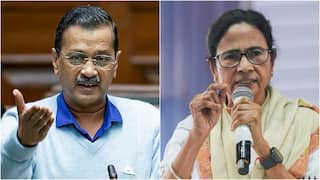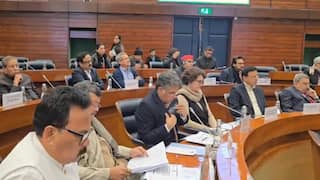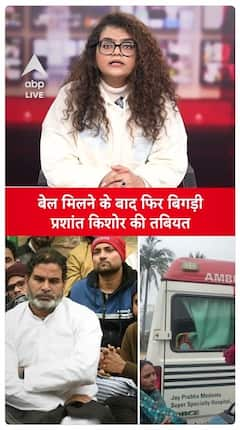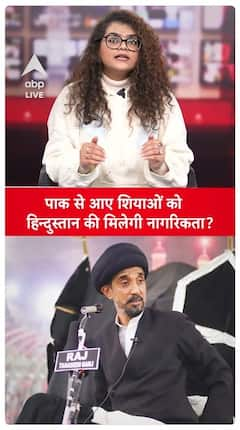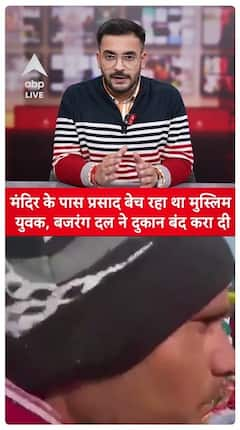Explorer
Advertisement
India slips down to 138th position in terms of press freedom; Nepal, Bhutan and Sri Lanka better off
India's ranking in the World’s Press Freedom Index has fallen two places down to 138.

Image: Twitter (@RSF_inter)
New Delhi: India's ranking in the World’s Press Freedom Index has fallen two places down to 138.
In the index compiled by Reporters Without Borders (RSF), India is behind its not so economically well-off neighbours Sri Lanka, Nepal and Bhutan. It is just one spot above Pakistan.
As per the reports, instances of "physical violence" against journalists like Gauri Lankesh are the key reasons behind the country's low ranking. The list has been topped by Norway which has the freest press for the second year in row and North Korea has the most repressive country in terms of press freedom. China too hasn’t put up an impressive show at the index and stands at 176.🔴 ¦ #RSFIndex ¦ RSF is unveiling its 2018 #PressFreedom Index: a world map that is getting darker and darker.https://t.co/4izhhdhZAo pic.twitter.com/stODHTzLUc
— RSF (@RSF_inter) April 25, 2018
Citing the reasons behind India’s fall in ranking, the report stated “Hate speech is also an issue in the continent’s other giant, India, which has fallen another two places to 138th. Ever since Narendra Modi became prime minister in 2014, Hindu fundamentalists have been referring to journalists in extremely violent terms.” It cited the case of journalist Gauri Lankesh who was murdered last year to explain how physical; violence on journalist has been riding. “The newspaper editor Gauri Lankesh was gunned down outside her home in September after being the target of hate speech and death threats for criticizing Hindu supremacy, the caste system and discrimination against women.” The report also elaborated on physical violence on journalists and low payment to them. “The physical violence against journalists is largely responsible for India’s low ranking. At least three journalists were murdered in connection with their work. More were killed in circumstances that were unclear, as is often the case in rural areas, where reporters are poorly paid.” It also talked about dearth of journalism in Kashmir valley. It read, “The situation in the Kashmir Valley, a news black hole, contributed to the poor ranking of a country whose long tradition of vibrant media could nonetheless enable it to rise again in the Index.” The report further states, “Any investigative reporting that annoys the ruling party or any criticism of Hindutva, an ideology that blends Hindu nationalism with an almost fascistic rhetoric, elicits a torrent of online insults and calls for the death of the reporter or writer responsible, most of it coming from the prime minister’s troll army.” Published annually by RSF since 2002, the World Press Freedom Index measures the level of media freedom in 180 countries, including the level of pluralism, media independence, the environment and self-censorship, the legal framework, transparency, and the quality of the infrastructure that supports the production of news and information. It does not evaluate government policy.The main takeaway from the 2018 #RSFIndex? The unleashing of hate speech against #journalism in democracies: https://t.co/nBwxqZqG5l pic.twitter.com/Vxdsh8TNbb
— RSF (@RSF_inter) April 25, 2018
Follow Breaking News on ABP Live for more latest stories and trending topics. Watch breaking news and top headlines online on ABP News LIVE TV
View More
Advertisement
Trending News
Advertisement
Advertisement
Top Headlines
India
Cities
Celebrities
Science
Advertisement


Sayantan Ghosh
Opinion






